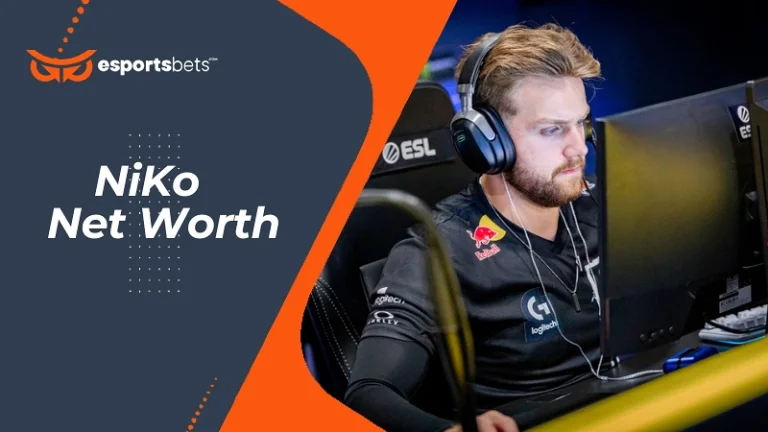Valve’s Updated Code of Conduct Targets Steam Users and Gambling
On May 9, Valve’s updated Terms of Service included gambling as a bannable offense. The company has been cracking down on gambling sites since 2016, imposing preventive actions against third parties that use the Steam API for gambling-related commercial purposes. CSGOLounge, CSGOLotto, and OPSkins were among the biggest names to be cut down by Valve’s past attempt to push back on gambling.
The present attempt, however, can cut down anyone with a Steam account.
What the Update Means for Gamblers

Image Credit: Valve
Prior to the update, Valve had put the onus solely on the gambling sites, sending cease and desist letters to those found to have abused the company’s terms regarding the use of Steam’s API. Consequently, the changes made to the terms prohibited most products and services offered by gambling sites.
Meanwhile, Steam users mostly got a warning when linking their accounts to third-party entities. This means bettors who participated in CSGO skin gambling never had to worry about their accounts being banned (unless they were involved in illicit activities) and only had to deposit their skins, which was the currency used for gambling, to the right places.
But with the latest update coming into effect, Valve is now putting the pressure on both the gambling sites and the gamblers themselves—to the latter even more so. It doesn’t matter whether the gambling happens on popular betting sites like CSGORoll or not. Everyone on Steam who’s gambling with CSGO skins even on places that don’t use the Steam API, including many CSGO trading sites that dabble with betting, is liable to be banned.
Community Reaction

Image Credit: G2 Esports
Many in the community believe the update isn’t as significant as it sounds. They argue that while gamblers on Steam could potentially be banned, Valve won’t necessarily go out of its way to punish users without a strong, reasonable cause. Comments on various forums claim this is the company simply targeting CSGO scams on Steam.
Furthermore, they point out that Valve makes a lot of money selling cases and skins—both of which circulate inside CSGO’s economy at large—and that banning gamblers on their platform will whittle down the company’s revenue severely.
(In March 2023 alone, for instance, Valve sold cases amounting to $100,000,000 in total. A large percentage of the players and gamblers who contributed to this sum brought the items, no doubt, to third-party websites for profit, trade, and entertainment.)
Some even say that gambling and gambling-related verticals have been too ingrained in the CSGO esports scene, something proven recently when G2, one of the biggest teams in the game, partnered with CSGORoll.
In short, discouraging gambling will result in money going out of the system—reducing prize pools in tournaments sponsored by gambling businesses and reducing exposure to audiences that could potentially be part of the CSGO player base.
Should You Be Worried?
While the debate surrounding CSGO gambling continues to rage on, Valve still has the final say no matter what. It’s crucial to remember now more than ever that money inside a Steam account could be locked away forever once that account has been banned.
All in all, perhaps this update could be seen as a sign for some to dial down gambling activities or take funds out of Valve’s reach.





















